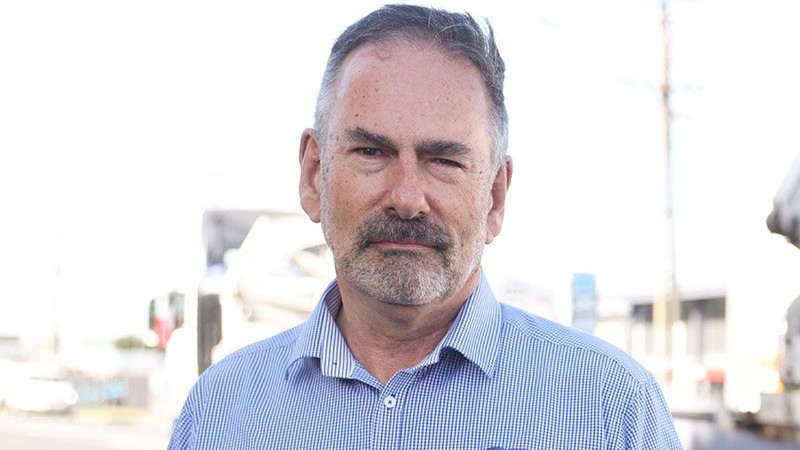Costs all heading in the wrong direction

As the cost of international freight trends back towards pre-Covid-19 rates, with capacity and stability returning to the oceans and skies between New Zealand and the rest of the world, there may be little relief for New Zealand importers and exporters as domestic transport costs rise.
Significant increases across a range of cost inputs threaten the viability of many carriers, and with no cost decreases to mitigate them, the reality is domestic freight charges will increase.
A typical New Zealand carrier has had a 23% increase in costs in the past 12 months alone, as all the input costs have increased with no indication that any will fall in the foreseeable future.
Labour, tyres, maintenance, finance, overheads and fuel have all increased. The temporary reduction in road user charges (RUC) had shielded carriers from the full weight of these. But with that relief ending in July, the real impacts are now hitting the balance sheets.
More pain will come as ports increase their charges for road and rail container movements. The recently announced reset of the cost of carbon credits will flow through to operators, with no viable alternative low-carbon options commercially available.
Every time a speed bump is installed, it slows traffic on a key freight route, increasing costs. Whenever a loading zone is removed, increasing the delivery time, the cost increases. Every time the official cash rate goes up, the costs increase. And when someone else in the supply chain looks to recover their margins from the carrier, the costs increase. Unless there are substantial changes to increase productivity and efficiency, all of these increases will flow through to further fuel the flames of inflation.
New Zealand needs a productive and efficient domestic freight network. Our domestic network is either the first or last link in a very long supply chain and with so many costs beyond our control, New Zealand must remain alert to the consequences of any input cost increase.
There are far too many cases where either well-intended policy targeting decarbonisation or a lower road toll has resulted in increased costs being applied to our industry. With nothing put in place to mitigate, the only option is to pass these increases on.
National Road Carriers urges anyone making a change that will increase costs also to show a corresponding change that mitigates it.
- If you are increasing a booking fee at a port, can you show a corresponding decrease in the time the carrier spends collecting the container?
- If you are removing a loading zone, what are you doing to still allow the business that relies on it to get deliveries?
- Putting in a climate tax? What alternatives are available?
As we navigate a period where our economy is slowing down, the impact of cost increases will be felt quicker, and carriers’ ability to absorb will be limited.



